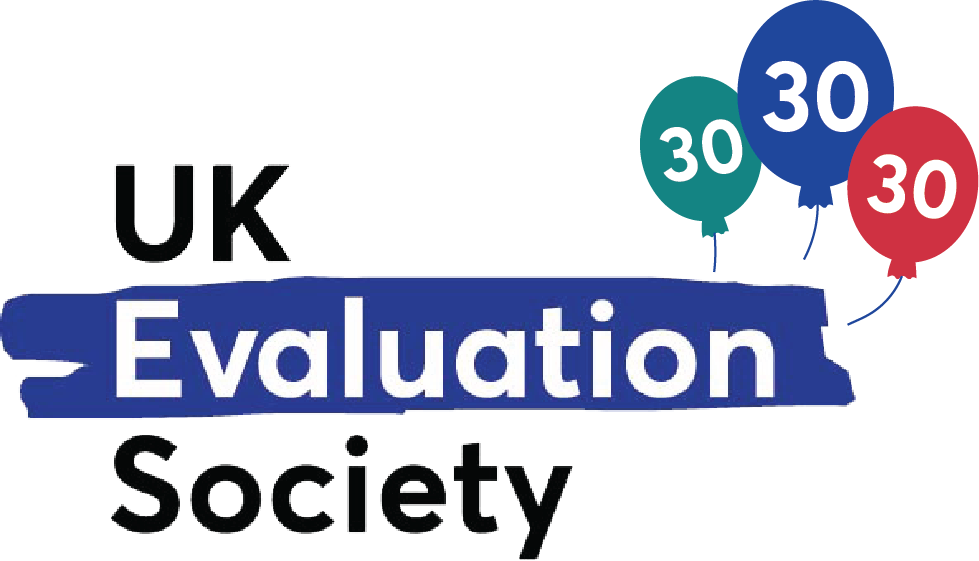What is evaluation?
There are many ways to explain what evaluation is and what it is for. Here are some of the key points common to most of these explanations.
Evaluators examine programmes, policies and interventions to determine their value, merit and worth. Evaluation is a social and political practice that has its own approaches, theories and frameworks. Its major purpose is to provide relevant evidence, rigorously gathered and analysed to inform decisions about the value of policies and programmes and appropriate allocation of resources. Doing evaluation involves acknowledging multiple perspectives, using many different methods and managing the different interests and values of stakeholders and participants. Evaluation is a field of activity that has grown rapidly over the past five decades and is still evolving to embrace a range of new approaches to assess the value of organisations, policies and programmes in complex environments.
The UK Evaluation Society promotes evaluation according to important principles of transparency and access and contends that evaluations should be ethical in the way they are designed, carried out and used. Evaluation can include a wide range of approaches from, for example, contribution analysis, participatory evaluation or developmental evaluation to experimental or quasi-experimental designs. The UK Evaluation Society is not associated with any of these theories or methods in particular and exists to promote rigour, transparency and excellent practice in all evaluations, whether they are carried out by organisations internally or with the help of external, independent experts. It promotes evaluations as a way to support positive change and better use of public resources
In summary, evaluation has four aims:
- It contributes to making sense of complex environments: telling us how policies, programmes and interventions are working and analysing the factors that contribute to outcomes for diverse stakeholders.
- It contributes evidence for public debate in contexts where there are social and political pressures to account for decisions and spending which have an impact on society, and where issues of equity and diversity affect the way resources (money, time, effort) are spent.
- It evaluates how policies and programmes designed to create change have an impact: how much of a difference they made; also highlighting the difficulties and uncertainties involved in doing this. Evaluation provides evidence-based accounts and evaluative judgments of policy and interventions.
- Evaluation aims to be credible and useful for future policy and practice and to facilitate evaluative thinking and action.
